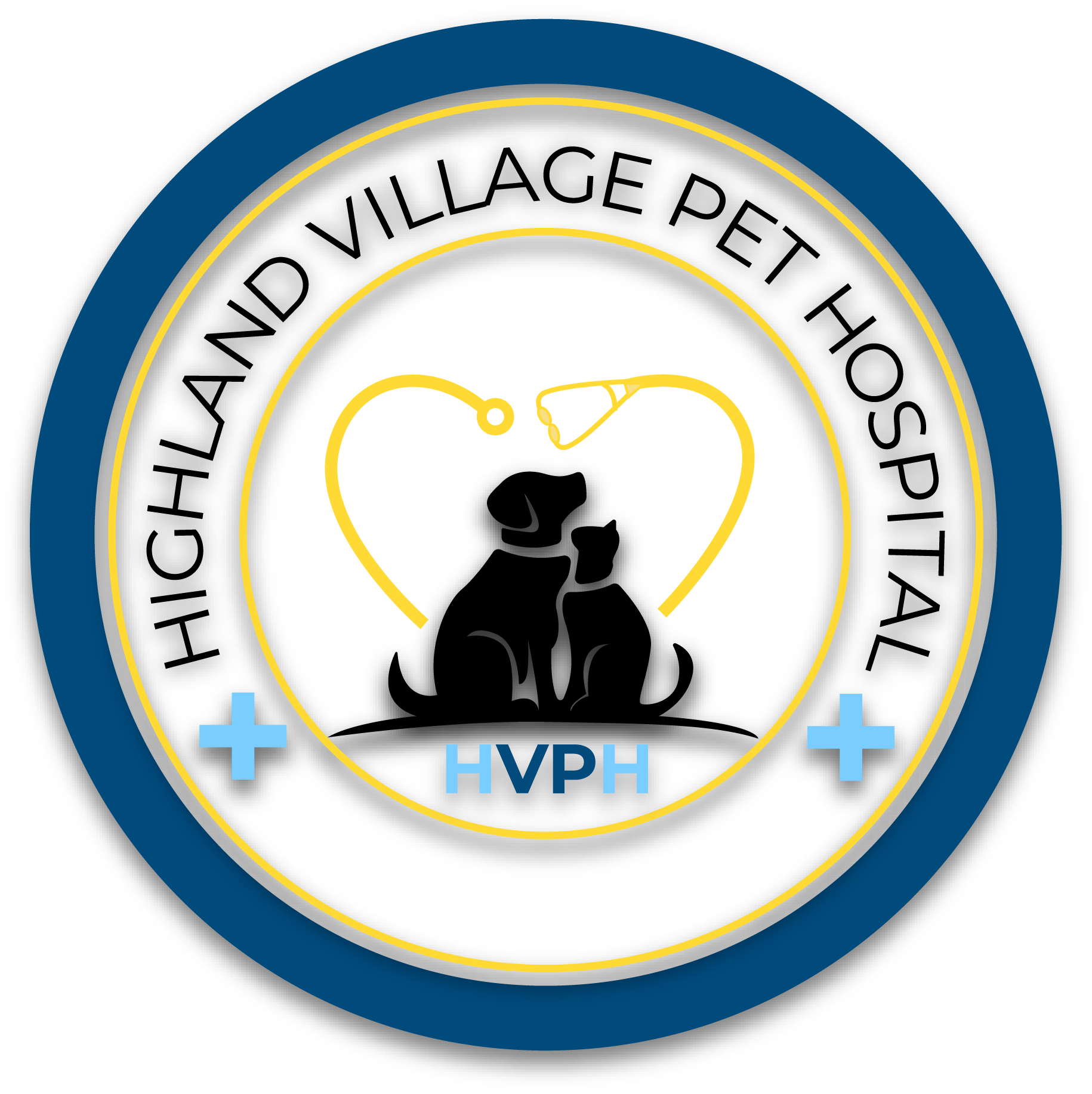Emergency Vet Visits: When to Go and What to Expect
- Smartology Inc

- Jul 30, 2024
- 2 min read
As a pet owner, knowing when to seek emergency veterinary care for your beloved animal can be daunting. Emergencies can arise unexpectedly, and being prepared can make all the difference in ensuring your pet's health and safety. Here’s a guide on when to go for an emergency vet visit and what to expect when you get there.
When to Go

Difficulty Breathing: If your pet is struggling to breathe, coughing excessively, or showing signs of respiratory distress, seek immediate veterinary care. Respiratory issues can escalate quickly and may be life-threatening.
Severe Vomiting or Diarrhea: Persistent vomiting or diarrhea, especially if it’s accompanied by lethargy, can indicate serious conditions such as poisoning, gastrointestinal blockage, or infections.
Trauma or Injury: Any significant injury from accidents, falls, or fights requires prompt attention. Visible wounds, limping, or apparent pain should not be ignored.
Unresponsiveness or Collapse: If your pet suddenly becomes unresponsive, collapses, or has a seizure, it’s crucial to get to an emergency vet immediately. These symptoms can indicate severe health issues.
Ingestion of Toxic Substances: If you suspect your pet has ingested something toxic, such as household chemicals, plants, or human medications, seek emergency care right away. Time is critical in preventing further harm.

What to Expect
When you arrive at Highland Village Pet Hospital for an emergency visit, here’s what you can typically expect:
Immediate Triage: Upon arrival, your pet will be assessed quickly to determine the severity of their condition. Critical cases will be prioritized to ensure timely treatment.
Detailed Examination: A thorough examination will be conducted to identify the issue. This may include blood tests, x-rays, or ultrasounds to get a complete understanding of your pet’s health status.
Stabilization and Treatment: The veterinary team will stabilize your pet and provide necessary treatments, which could include medications, intravenous fluids, or surgery, depending on the condition.
Clear Communication: The vet will keep you informed about your pet’s condition, the necessary treatments, and any follow-up care required. They will also provide you with guidance on how to care for your pet at home after the emergency.
Being Prepared
Having a plan in place for emergencies can help you act quickly and efficiently:
Keep Contact Information Handy: Always have the contact information of Highland Village Pet Hospital and any nearby emergency vet clinics readily available.
Know Basic First Aid: Understanding basic first aid for pets can be beneficial while you are on the way to the vet.
Stay Calm: Staying calm during an emergency helps you think clearly and follow the vet’s instructions accurately.
Conclusion
Knowing when to seek emergency vet care and what to expect during the visit can make a significant difference in the outcome of your pet’s health crisis. At Highland Village Pet Hospital, we are dedicated to providing prompt and compassionate emergency care for your pets. Your pet’s health and well-being are our top priorities.
For more information or in case of an emergency, contact us at (909) 864-7387. We’re here to help you and your furry friends 24/7.






Comments